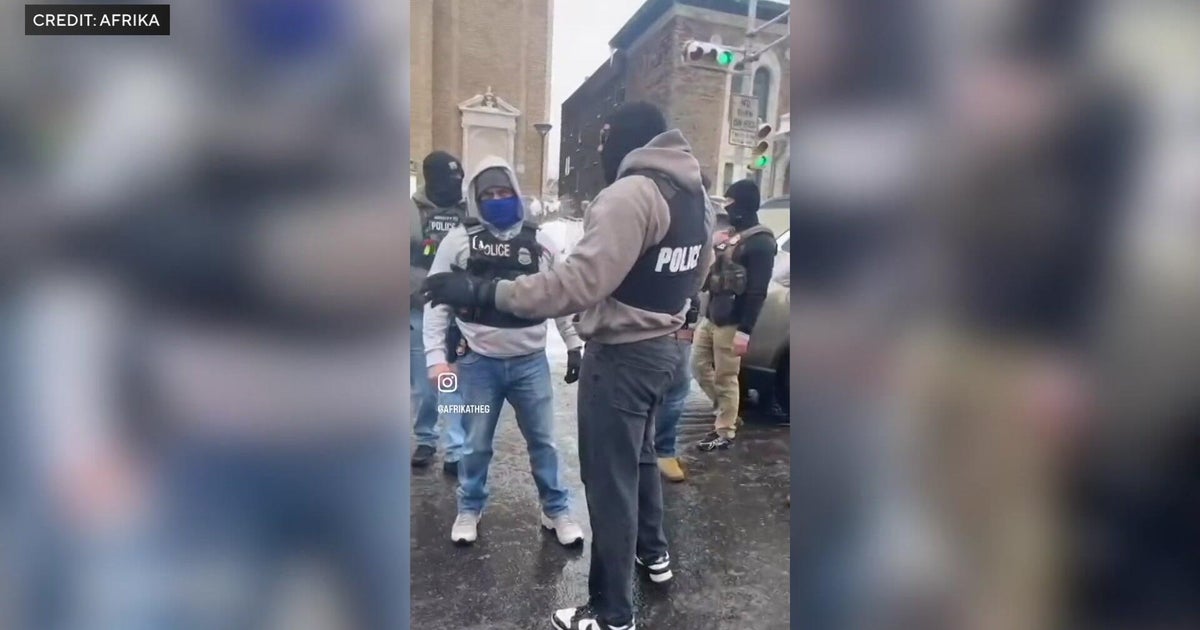Bank woes mount as investors bail from regional lenders
The future of PacWest Bancorp hangs in the balance as investors pull back from regional lenders following the sudden collapse of three prominent banks in a matter of weeks.
Shares of the $44 billion bank continued to slide Thursday, tumbling 60% to an all-time low of $2.57 and with trading briefly halted due to volatility. The latest dive in the stock, which has fallen 89% this year, followed a report by Bloomberg News on Wednesday that PacWest is weighing its strategic options, including a possible sale.
In a statement issued late Wednesday, PacWest confirmed that it has "explored strategic asset sales" and has recently "been approached by several potential partners and investors." Those talks continue, the company added.
Although PacWest's stock has tanked in recent weeks, the company hasn't faced the kind of massive capital flight that crippled Silicon Valley Bank, noted analyst Adam Crisafulli of Vital Knowledge. In reporting its first-quarter earnings on April 25, PacWest said its total deposits had increased $1.1 billion to $28.2 billion.
PacWest also has far less in uninsured deposits — client funds in excess of the $250,000 account cap guaranteed by the U.S. — than SVB did when it capsized in March. CEO Paul Taylor noted last month that the bank's total insured deposits had risen from 48% of total deposits at the end of 2022 to 71% as of March 31.
"It's important to remember that Silicon Valley and First Republic were unique, and investors shouldn't simply extrapolate what happened to them to the whole regional landscape," Crisafulli said in a report.
The problem with interest rates
Although a range of factors have hurt regional banks, the main problem stems from the sharp increase in interest rates, which have shot up 5% since the Federal Reserve started raising the cost of borrowing in March of 2022. Higher rates increase lenders' funding costs while also forcing them to boost the returns they offer to customers, which reduces bank profits.
At the same time, when rates were still low and money was cheap, institutions like SVB gorged on long-duration Treasury and mortgage securities. But as interest rates soared last year, the price of those bonds fell sharply, exposing the banks to potentially large losses. Some banks had to sell the investments and book the losses on their balance sheets.
Banks like SVB and First Republic were also hurt because they catered to wealthier clients with account balances exceeding the Federal Deposit Insurance Corporation's $250,000 deposit insurance limit. Panicked customers rushed to pull their funds, causing a classic "run" on the banks.
Meanwhile, even lenders with a large share of insured deposits face the challenge of retaining customers lured by the higher rates available in money-market funds, high-yield savings accounts and other investments. Smaller and midsize banks, which also focus on issuing loans to local businesses, are also more vulnerable to the recent downturn in commercial real estate, such as malls and office parks.
The upshot for many banks: Higher costs for doing business, capital flight and mounting losses.
Other banks under pressure
Wall Street has grown increasingly wary of midsize lenders since the March 10 collapse of Silicon Valley Bank (SVB) and the failure only days later of Signature Bank after depositors rushed to withdraw their money.
Shares of Western Alliance Bancorporation plunged 58% Thursday even as it sought to reassure investors that its financial position remains solid. The selloff came after the Financial Times reported that the $65 billion Phoenix-based bank was exploring a sale. Western Alliance denied the report, calling it "categorically false in all respects" and accusing the newspaper of allowing itself to be used by investors who bet against a company's stock.
The bank said late Wednesday that it hasn't experienced unusual deposit outflows amid the turbulence buffeting the banking sector, noting that its deposits have risen $1.2 billion this quarter to $48.8 billion. As of May 2, 74% of its total deposits were insured.
As investors soured on $229 billion First Republic, federal financial regulators were forced to arrange a shotgun marriage with JPMorgan Chase, which agreed this week to buy most of the company's assets.
In announcing the deal on Monday, JPMorgan CEO Jamie Dimon said that absorbing First Republic would help stabilize the banking industry, while warning that the turmoil affecting midsize and small lenders could continue.
Federal Reserve Chair Jerome Powell, speaking Wednesday after the central bank moved to hike its benchmark rate for a 10th consecutive time, expressed confidence in the U.S. banking industry, saying it remains "sound and resilient."



